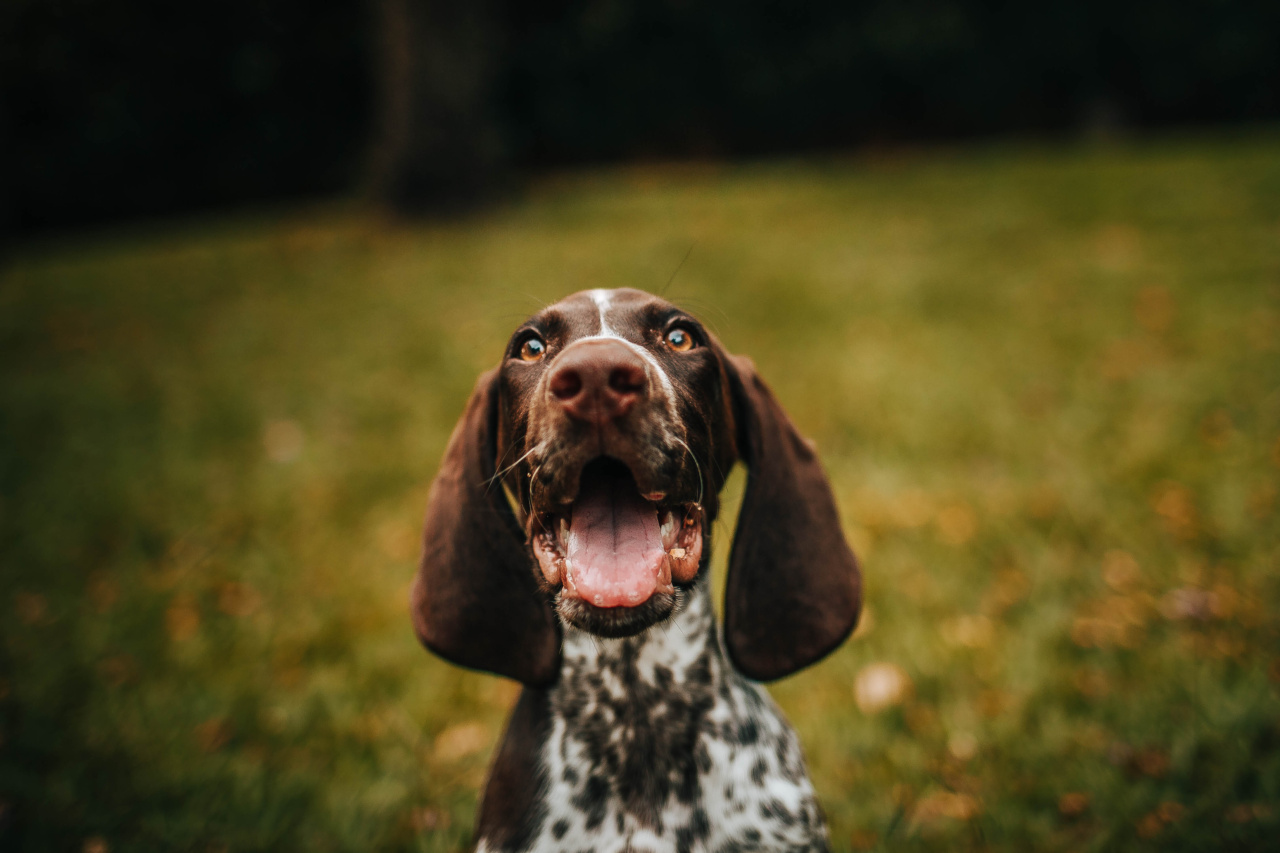Having a dog with a stinky mouth can be quite unpleasant. Not only does it affect your pet’s overall hygiene, but it can also make cuddling and interacting with them less enjoyable.
While bad breath in dogs is common, it is important to identify the underlying cause and find effective solutions to alleviate the problem. In this article, we will explore the various factors that can contribute to your dog’s stinky mouth and provide tips on how to get rid of it.
Poor dental hygiene
One of the primary reasons behind bad breath in dogs is poor dental hygiene.
If you neglect your dog’s oral care, plaque and tartar can accumulate on their teeth and gums, leading to oral health issues such as gum disease, cavities, and infections. These dental problems can cause a foul odor to emanate from your dog’s mouth. Regular brushing of your dog’s teeth, along with professional dental cleanings, can significantly improve their oral hygiene and help eliminate bad breath.
Gum disease
Gum disease, also known as periodontal disease, is a common condition among dogs that can result in a foul smell. It occurs when bacteria accumulate around the gumline and cause inflammation, leading to red, swollen, and bleeding gums.
If left untreated, gum disease can progress and result in tooth loss. Professional treatment from a veterinarian, including a thorough dental cleaning, may be necessary to tackle advanced cases of gum disease.
Oral infections
Dogs can develop various oral infections, such as oral yeast infections or bacterial infections, which can contribute to bad breath. These infections can arise due to a compromised immune system, poor dental hygiene, or underlying health conditions.
Your veterinarian can prescribe the appropriate medications, such as antimicrobial mouthwashes or oral antibiotics, to treat the infection and eliminate the unpleasant odor.
Diet and digestion
What your dog eats can also affect their breath. Certain foods, such as strong-smelling meats or fish, can leave a lingering odor in their mouth.
Additionally, if your dog has digestive issues, such as an upset stomach or gastroesophageal reflux disease (GERD), it can cause regurgitation and lead to foul-smelling breath. Ensuring a balanced and appropriate diet, tailored to your dog’s nutritional needs, can help combat diet-related bad breath.
Foreign objects or trauma
In some cases, your dog may have a stinky mouth due to the presence of foreign objects or trauma to their oral cavity.
Dogs are curious creatures and may accidentally ingest or get objects stuck in their throat, teeth, or gums, causing unpleasant smells. If you suspect a foreign object or oral trauma, it is essential to consult with your veterinarian to ensure prompt removal or treatment and prevent further complications.
Underlying health conditions
Occasionally, bad breath in dogs can be an indication of underlying health problems. Medical conditions like diabetes, kidney disease, liver disease, or respiratory infections can manifest as foul-smelling breath.
If your dog’s bad breath is persistent and accompanied by other concerning symptoms, it is crucial to consult with your veterinarian for a thorough examination and appropriate diagnostic tests.
Allergies
Allergies, whether they are environmental or food-related, can contribute to bad breath in dogs. Chronic allergies can lead to inflammation in the mouth and nasal passages, resulting in an unpleasant odor.
Identifying and addressing the underlying allergen, along with appropriate treatment prescribed by a veterinarian, can help alleviate the symptoms and improve your dog’s breath.
How to get rid of bad breath in dogs
Now that we’ve discussed several possible causes of bad breath in dogs, let’s explore some ways to get rid of it:.
Regular dental care
Establishing a routine dental care regimen is essential for maintaining your dog’s oral hygiene.
Brushing their teeth regularly using a dog-friendly toothbrush and toothpaste can help remove plaque and tartar buildup, reducing the likelihood of bad breath. If your dog is not accustomed to toothbrushing, start slowly and gradually introduce the process to make it a positive experience for them.
Dental cleanings
While regular toothbrushing is crucial, professional dental cleanings from a veterinarian are also necessary for a comprehensive oral health assessment. A veterinarian can perform a thorough cleaning, including scaling and polishing the teeth.
They can also identify any dental issues that may require further treatment.
Healthy diet
Provide your dog with a balanced and nutritious diet that meets their specific dietary needs. Avoid feeding them strongly scented foods that can contribute to bad breath.
Additionally, offering dental chews or toys designed to promote oral health can help reduce plaque buildup and keep their breath fresh.
Regular veterinary check-ups
Scheduling regular visits to your veterinarian is crucial for monitoring your dog’s overall health and addressing any potential dental or medical problems.
A comprehensive examination can help identify and treat any underlying issues causing bad breath.
Water additives and dental sprays
There are specialized water additives and dental sprays available that can be added to your dog’s drinking water or sprayed directly onto their teeth and gums.
These products contain ingredients that help combat bacteria and improve oral hygiene, resulting in fresher breath.
Professional treatment for infections or underlying conditions
If your dog’s bad breath is caused by infections or underlying health conditions, it is crucial to consult with your veterinarian.
They can diagnose the specific issue and prescribe appropriate treatments, such as medications or specialized therapies, to address the root cause and alleviate the bad breath.
Avoiding oral trauma and foreign objects
Preventing oral trauma and foreign object ingestion is essential for maintaining your dog’s oral health and preventing bad breath. Keep a close eye on your dog during playtime and avoid giving them small, easily ingestible objects.
If you suspect that your dog has a foreign object stuck in their mouth or throat, seek immediate veterinary attention.
Maintaining a routine
Consistency is key when it comes to controlling bad breath in dogs. Establishing a regular oral hygiene routine, including daily toothbrushing and appropriate dental care practices, can significantly improve your dog’s breath over time.
Conclusion
Bad breath in dogs can have various causes, ranging from poor dental hygiene to underlying health conditions.
By taking proactive measures, such as maintaining regular dental care, providing a healthy diet, and seeking professional veterinary advice, you can effectively combat your dog’s stinky mouth. Remember, a fresh-smelling mouth not only contributes to your dog’s overall well-being, but it also enhances the bond and interactions between you and your furry friend.






























